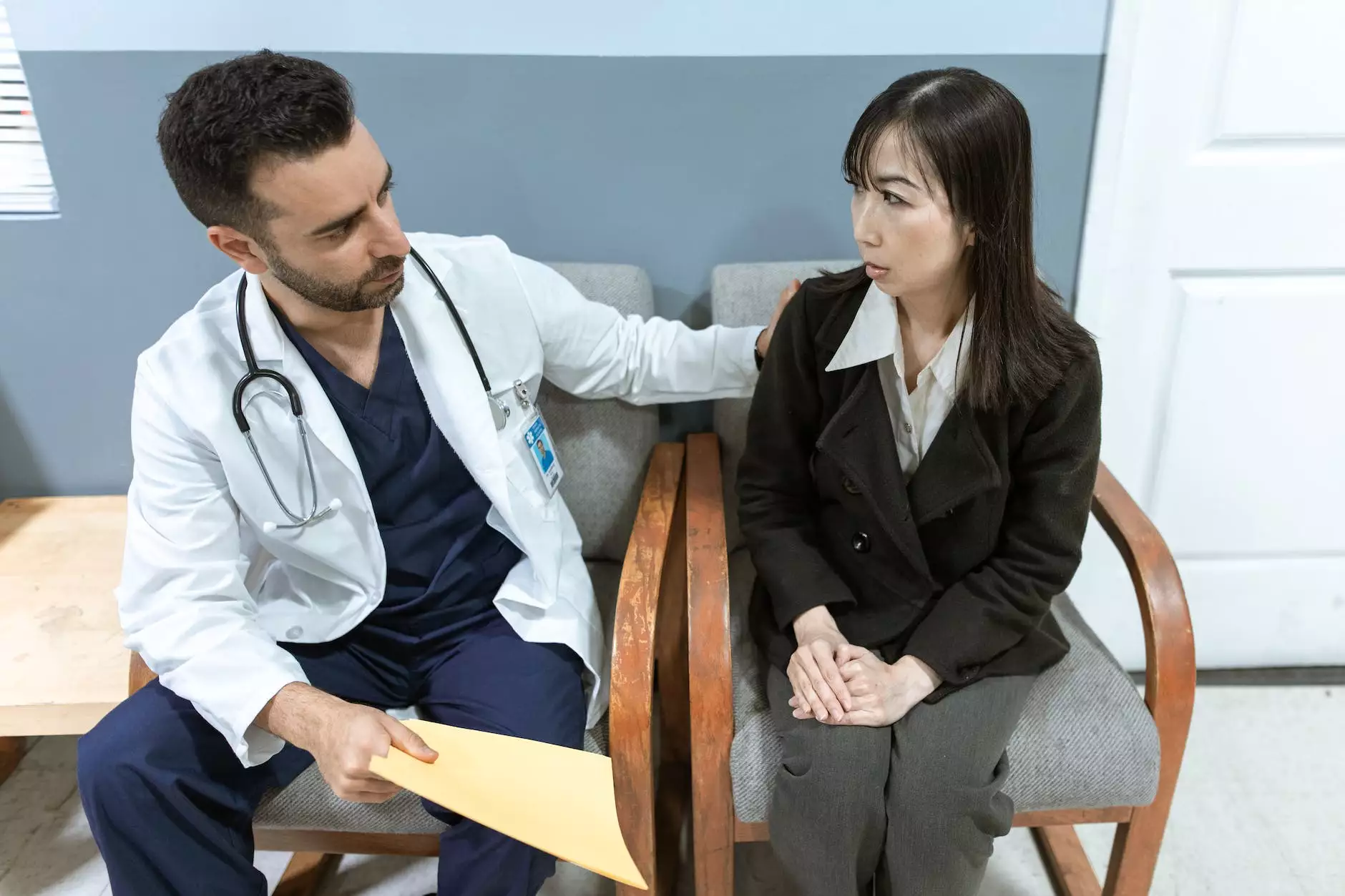Understanding the Role of Thoracic Surgeons in Modern Medicine

In the realm of healthcare, thoracic surgeons play an invaluable role that extends beyond the operating room. They are specialized medical professionals who focus on surgical procedures pertaining to the organs within the chest, including the heart, lungs, esophagus, and other vital structures. This article aims to delve into the multifaceted nature of their work, emphasizing how it ties into the broader categories of Health & Medical, Sports Medicine, and Physical Therapy.
The Importance of Thoracic Surgery
Thoracic surgery is a crucial component of modern medicine that addresses various life-threatening conditions. Surgeons in this field handle complex surgeries and equipment that require precision, deep knowledge, and exceptional skill. Below are some key areas where thoracic surgeons make a significant impact:
- Cardiac Surgery: Focused on heart conditions, including coronary artery disease, heart valve disorders, and congenital heart defects.
- Pulmonary Surgery: Encompasses procedures involving lung diseases, such as lung cancer, emphysema, and infections.
- Esophageal Surgery: Concerned with issues related to swallowing and esophageal cancers.
- Trauma Surgery: Addresses injuries to the chest, often as a result of accidents or violent incidents.
What to Expect During Thoracic Surgery
Patients scheduled for surgical interventions often have numerous questions regarding the process. Here’s a detailed overview of what a patient might expect:
Consultation and Evaluation
Before any surgery, a thorough evaluation is essential. This typically includes a detailed medical history, physical examination, and various diagnostic tests such as:
- X-rays
- CT scans
- MRIs
- Blood tests
The Surgical Procedure
Thoracic surgeries can be performed using different techniques, such as:
- Open Surgery: A traditional method that requires a larger incision for direct access to the chest cavity.
- Minimally Invasive Surgery: Techniques such as video-assisted thoracoscopic surgery (VATS) involve smaller incisions and are designed to reduce recovery time and pain.
Postoperative Care
After surgery, rigorous monitoring takes place to ensure recovery. Common postoperative practices include:
- Pain management
- Physiotherapy to enhance lung function
- Regular follow-up appointments for assessment and recovery monitoring
Training and Skills of Thoracic Surgeons
Becoming a thoracic surgeon requires extensive education and training. It typically involves:
- Completing a bachelor's degree in a relevant field.
- Attending medical school to earn a Doctor of Medicine (MD) degree.
- Undergoing residency training in general surgery.
- Completing a fellowship specifically in thoracic surgery.
Thoracic Surgeons and Sports Medicine
In the field of sports medicine, thoracic surgeons are pivotal in treating athletes who sustain chest injuries. These may include:
- Fractured ribs
- Pneumothorax (collapsed lung)
- Injuries resulting from collisions in contact sports
Effective treatment requires a multidisciplinary approach, where thoracic surgeons work alongside physiotherapists, athletic trainers, and physicians to ensure athletes achieve a full recovery.
Physical Rehabilitation Post-Surgery
After undergoing thoracic surgery, the pathway to recovery is not merely about healing the surgical site; it extends into functional rehabilitation. Here, physical therapy plays a vital role in:
- Improving lung function: Patients are guided through breathing exercises to restore vital capacity.
- Strengthening the torso: Exercises designed to strengthen the muscles around the chest and improve overall physical resilience.
- Facilitating return to normal activities: Therapists provide personalized rehabilitation plans to promote a safe and timely return to daily tasks and sports.
Conclusion: The Unmatched Value of Thoracic Surgeons
Thoracic surgeons serve a critical function in healthcare, where their expertise not only saves lives but also significantly enhances the quality of life for individuals suffering from complex thoracic conditions. Their work intersects seamlessly with the fields of Health & Medical, Sports Medicine, and Physical Therapy, making them integral to the multidisciplinary approach required for effective patient care. As the demand for surgical expertise increases, the role of thoracic surgeons will continue to evolve, highlighting the necessity for ongoing advancements in surgical techniques and patient management.
Through awareness, education, and innovative medical practices, we can further appreciate and support the significant contributions of thoracic surgeons and the transformative effects of thoracic surgery in modern medicine.









